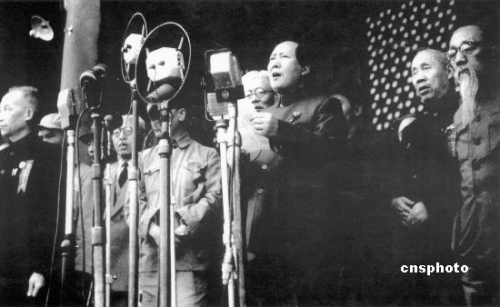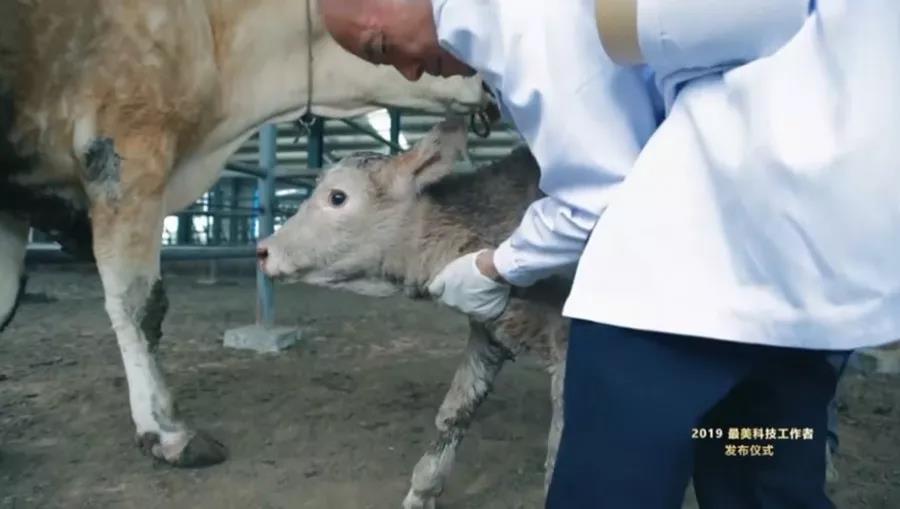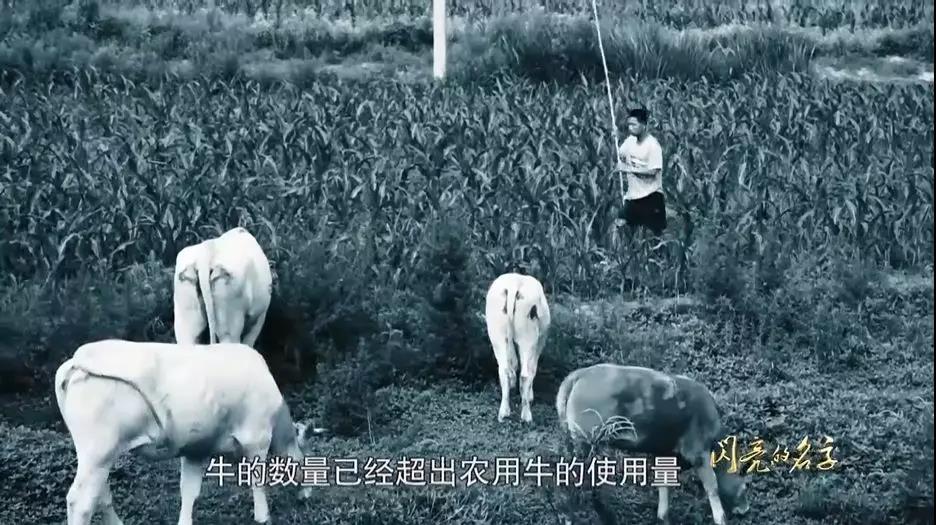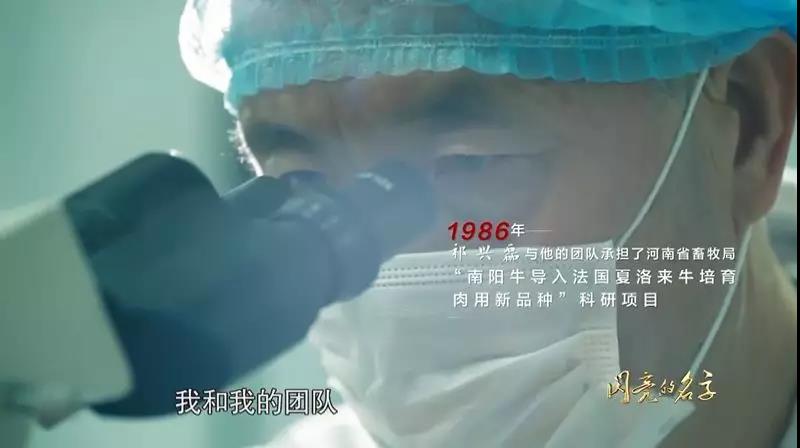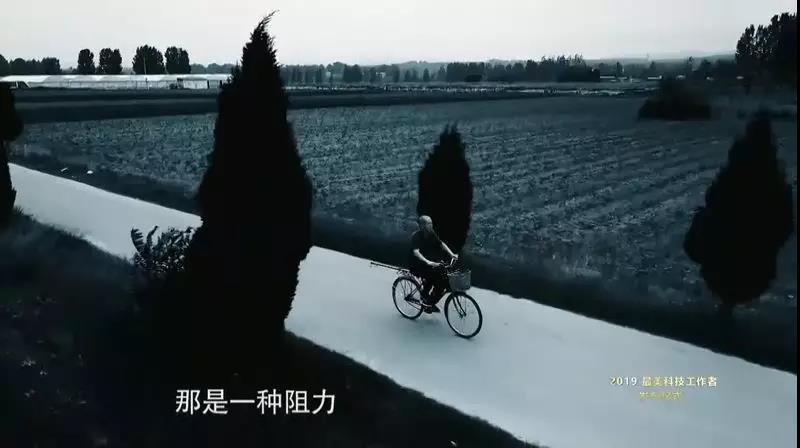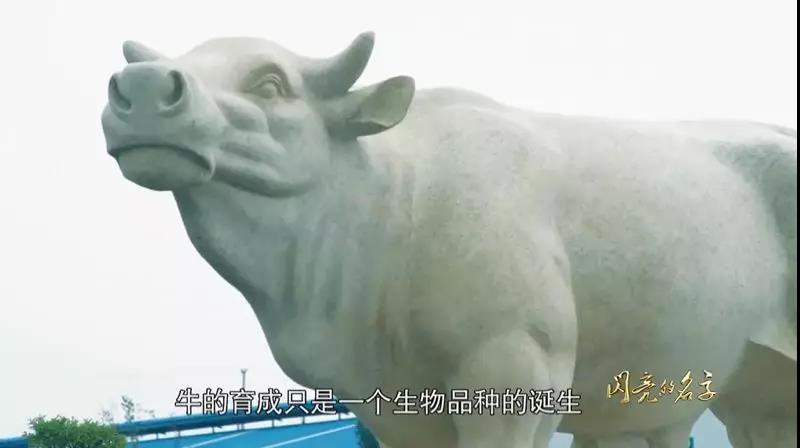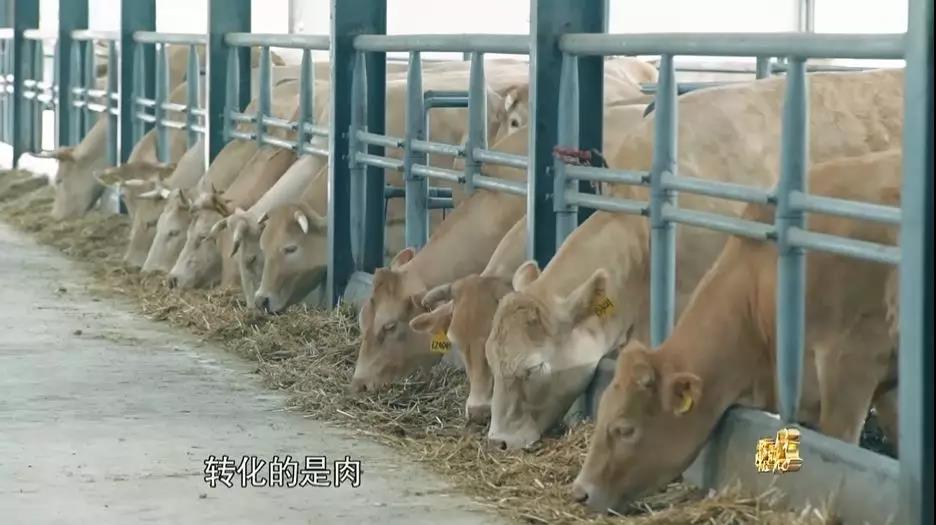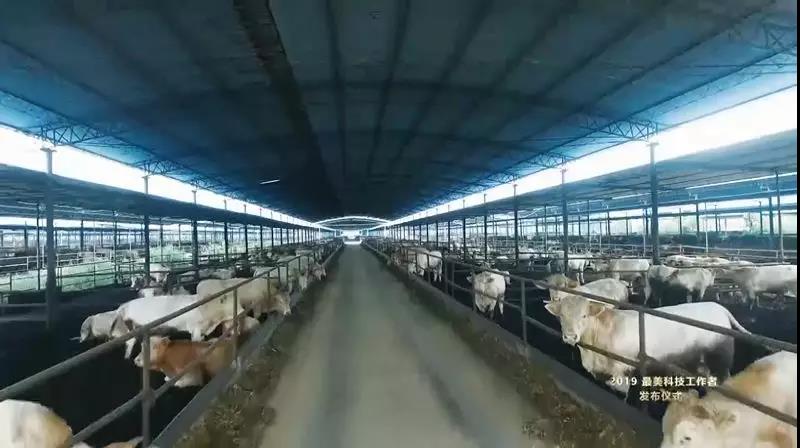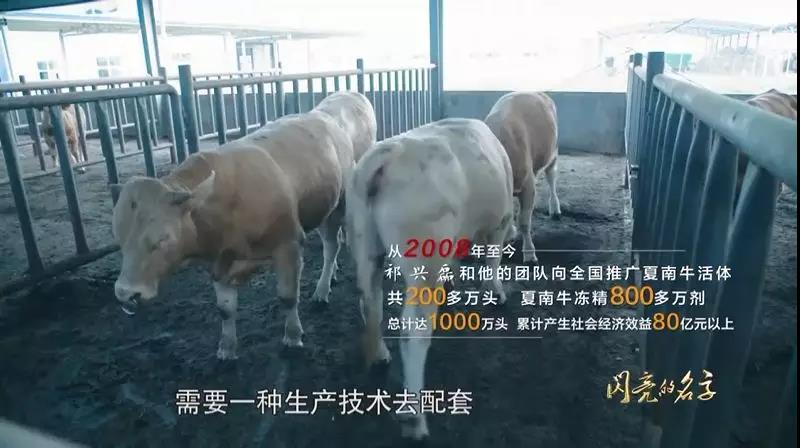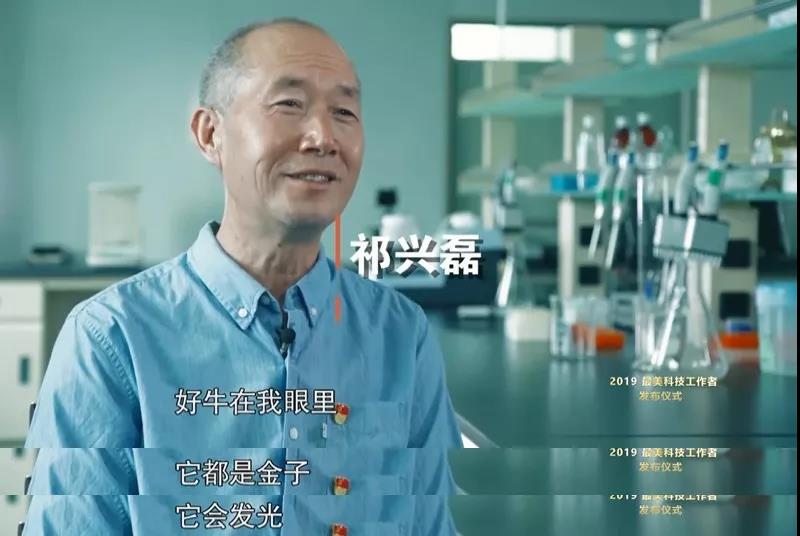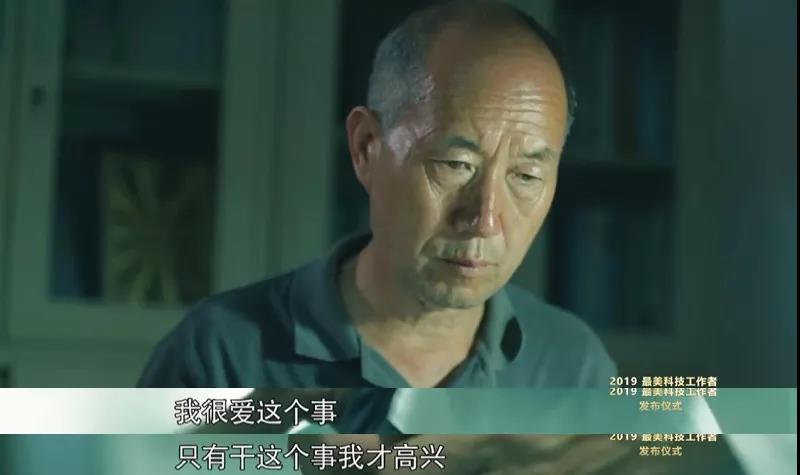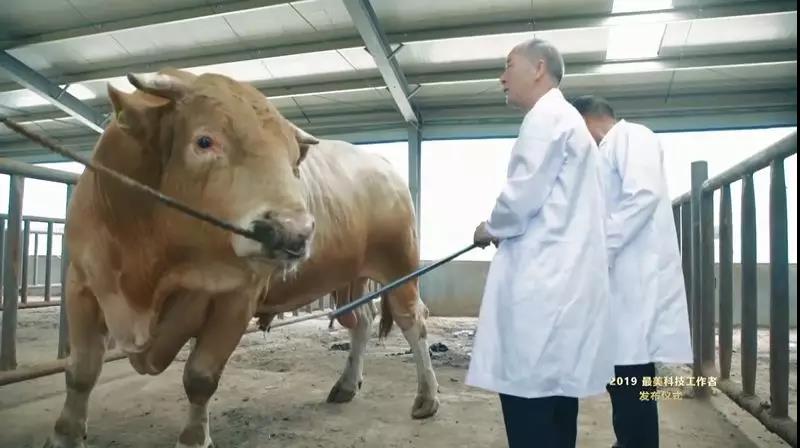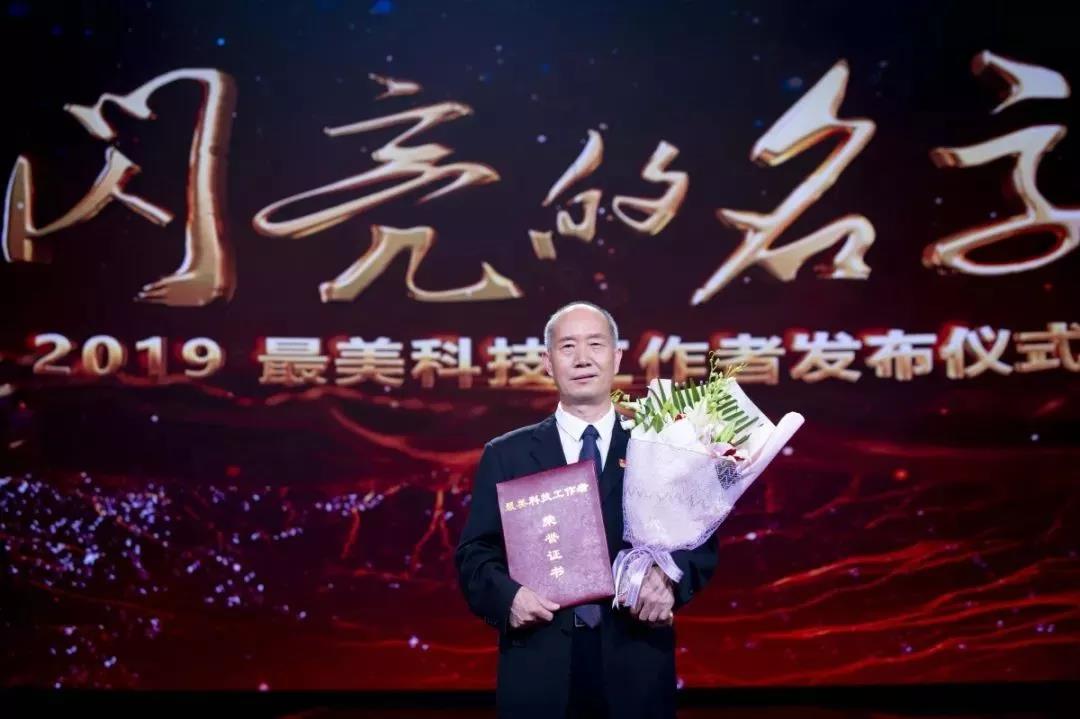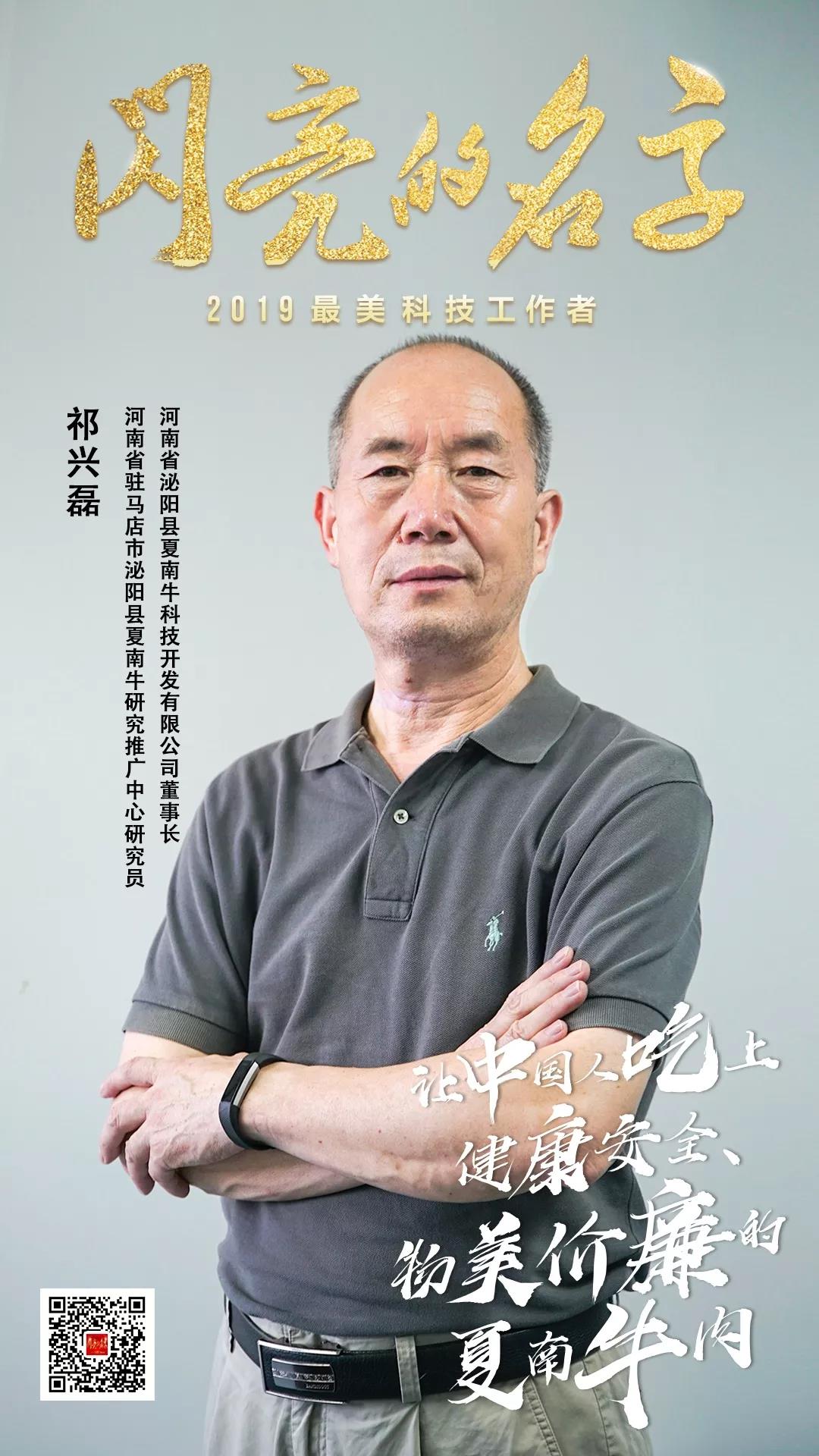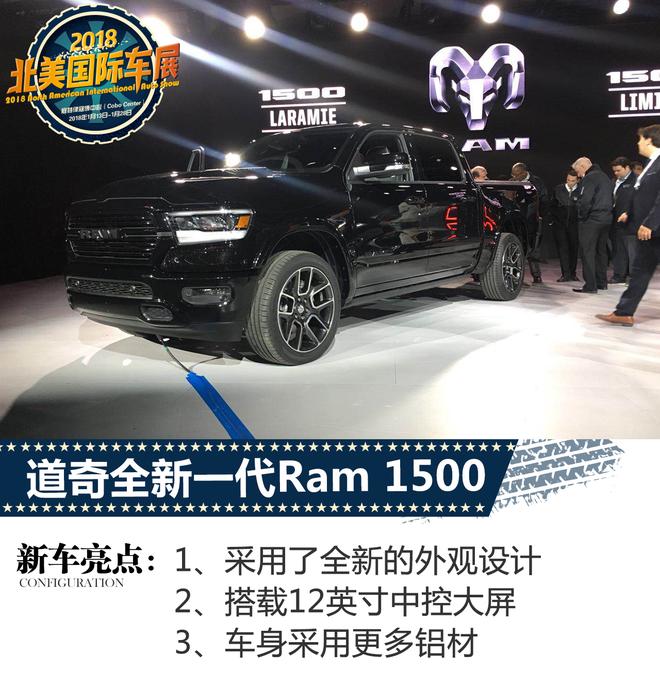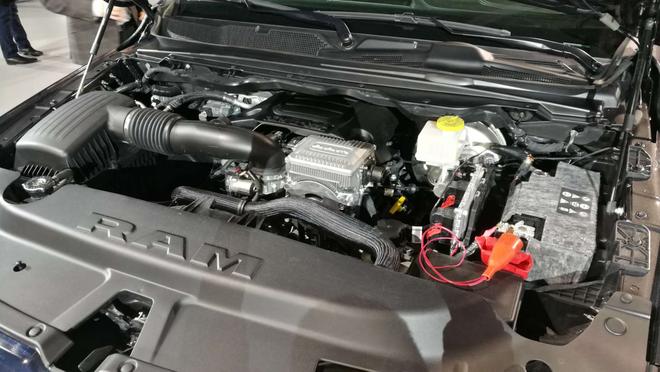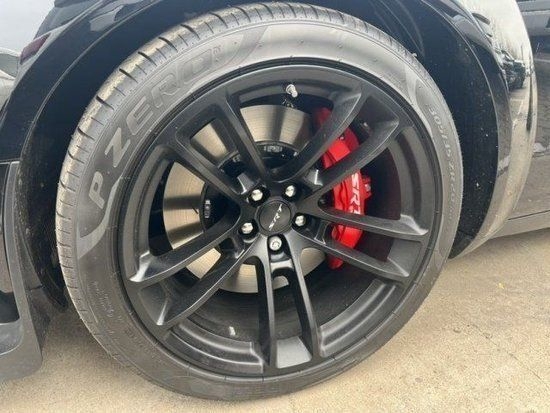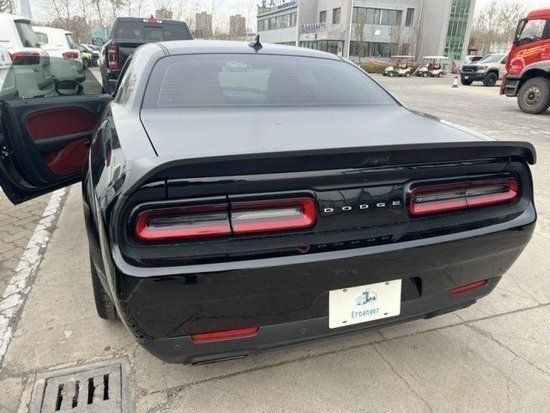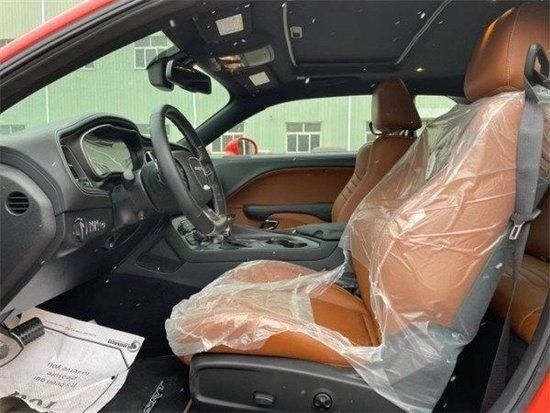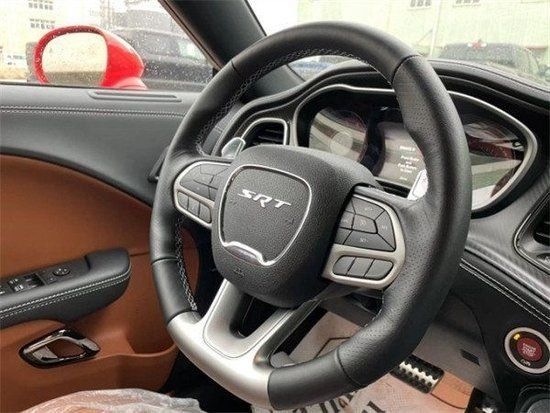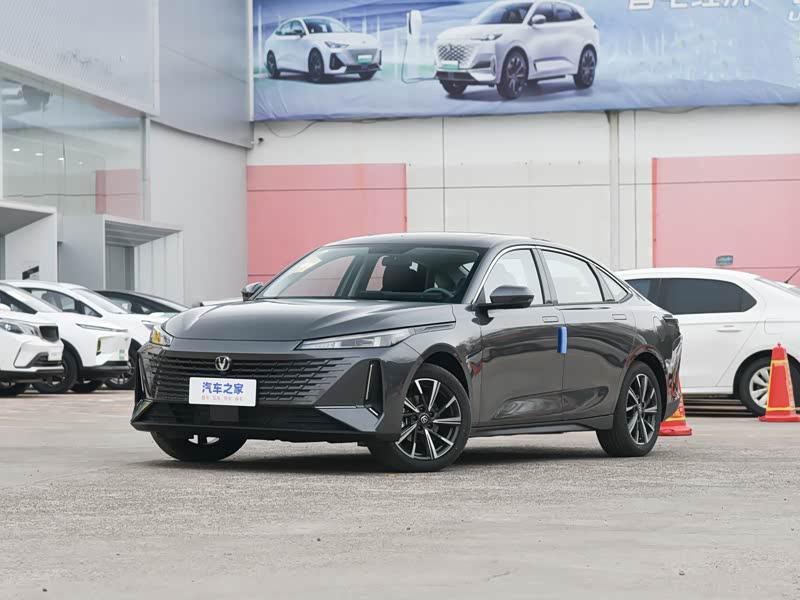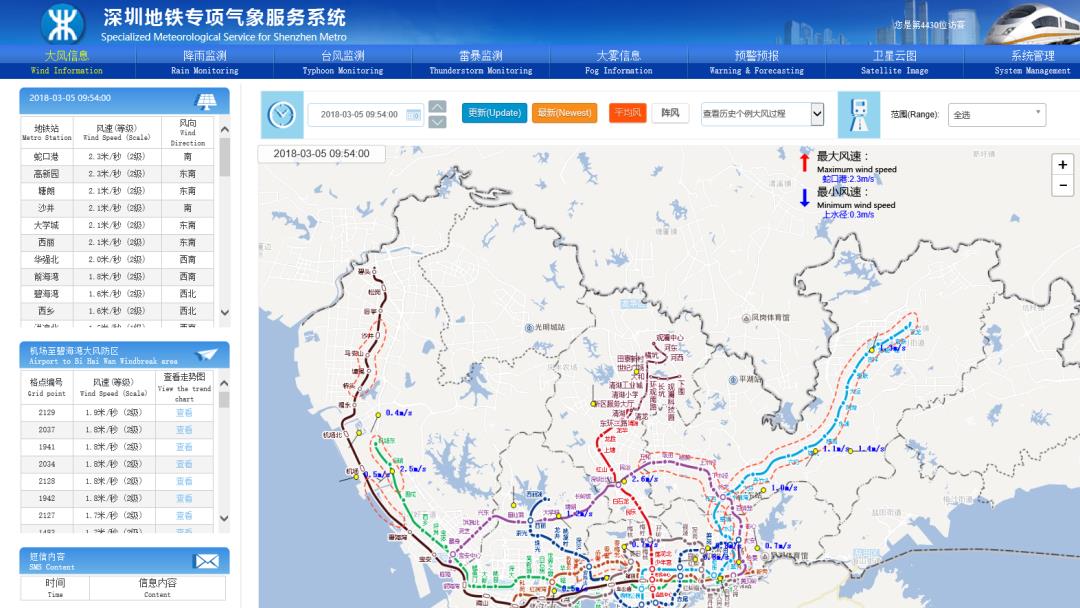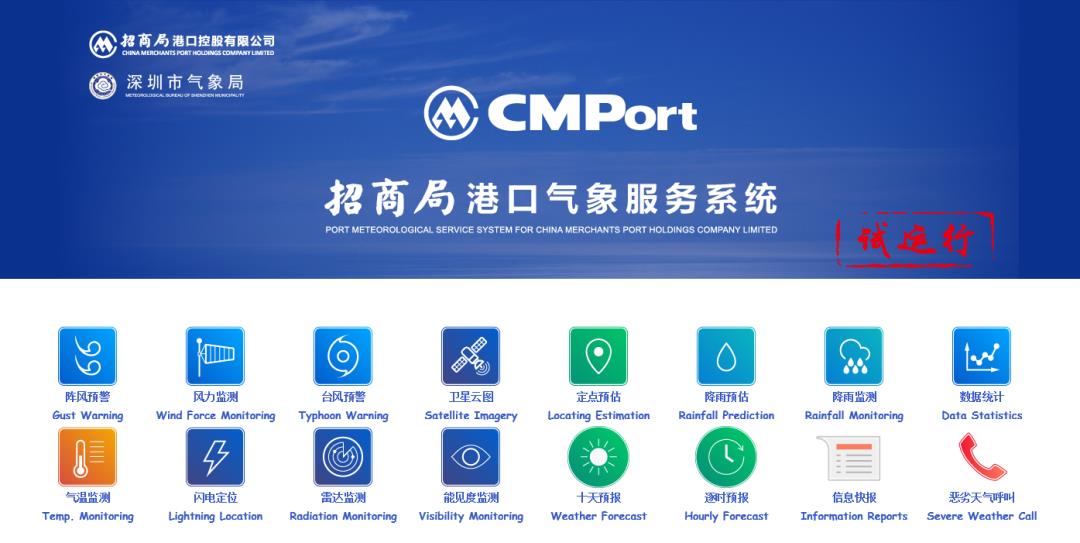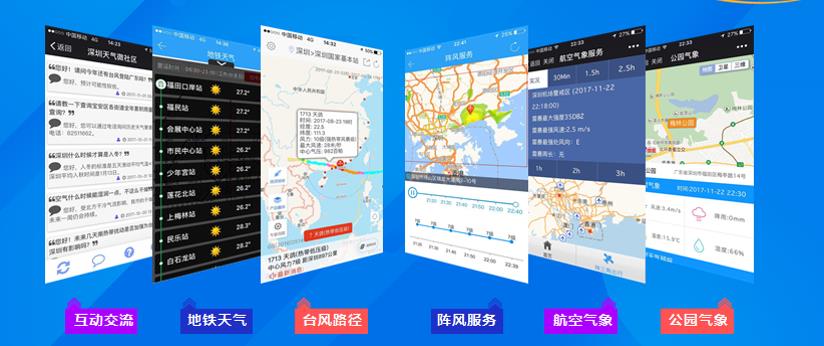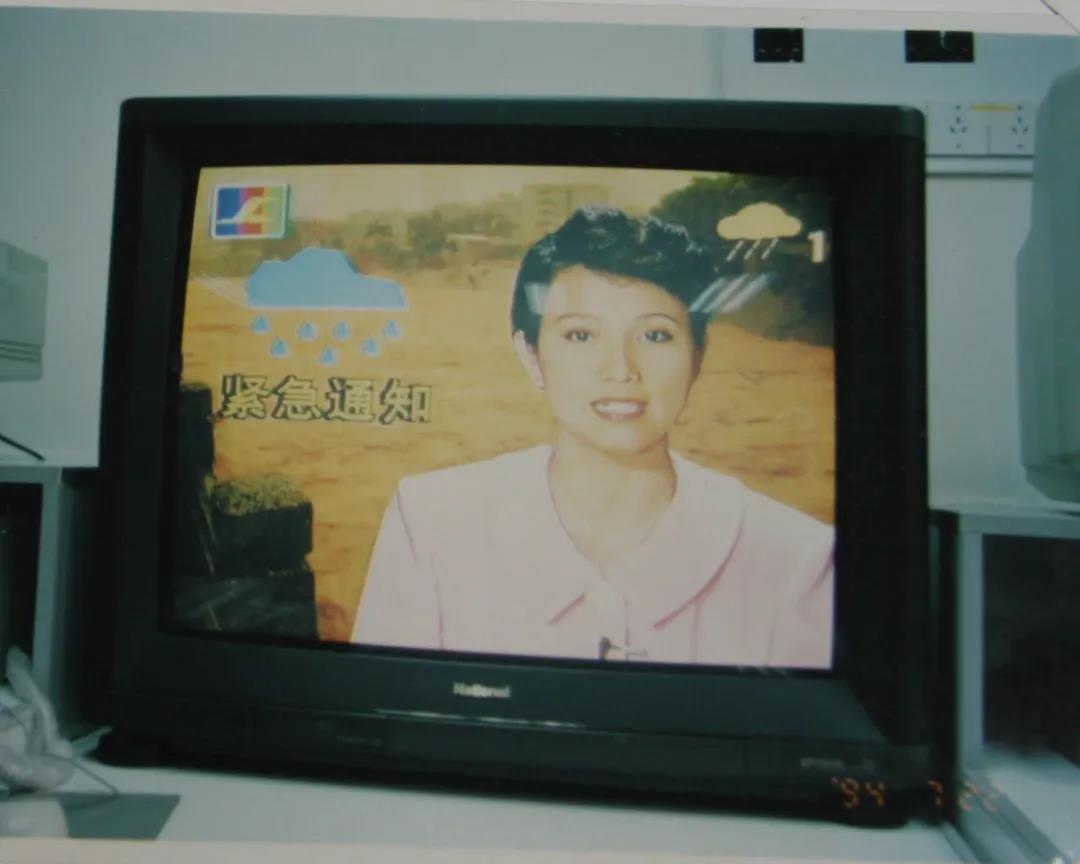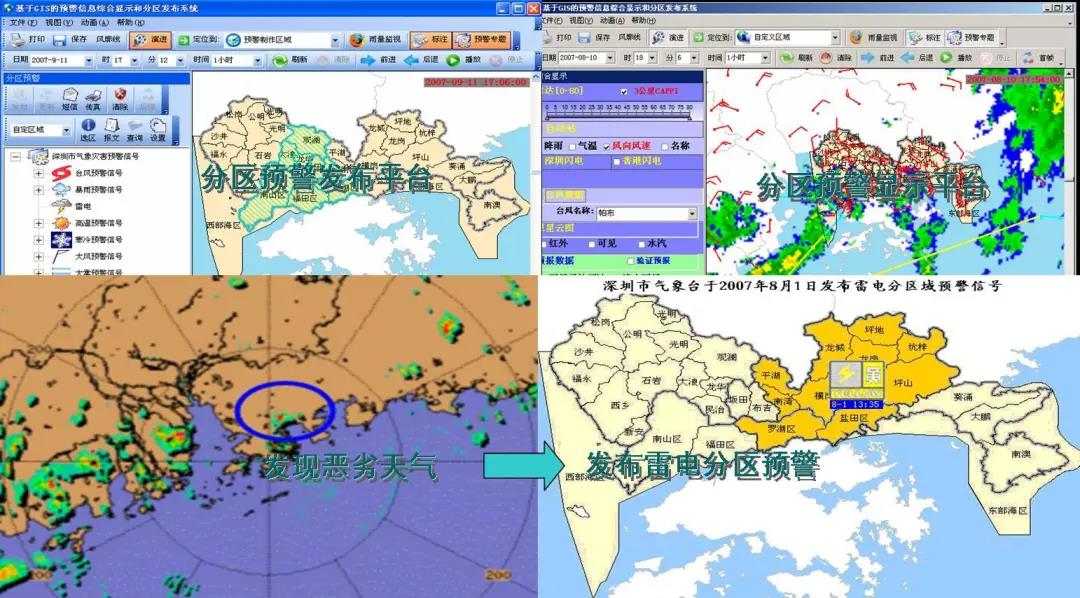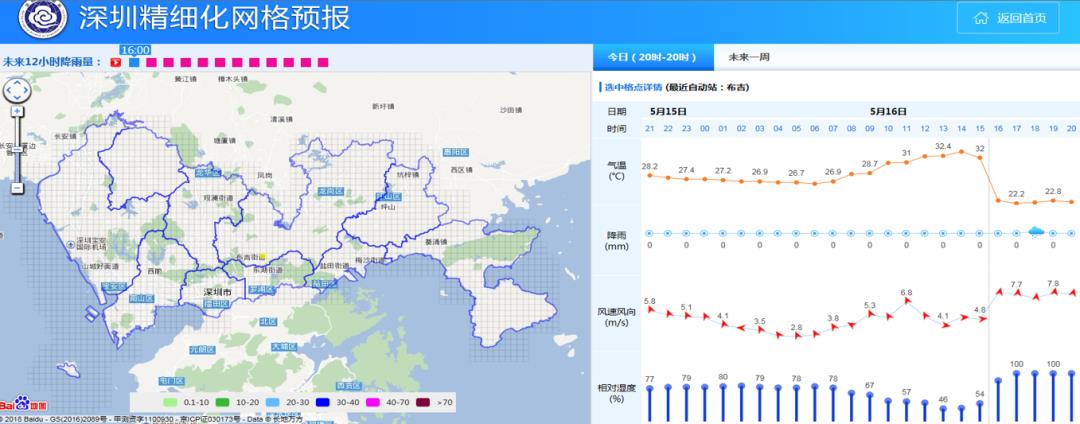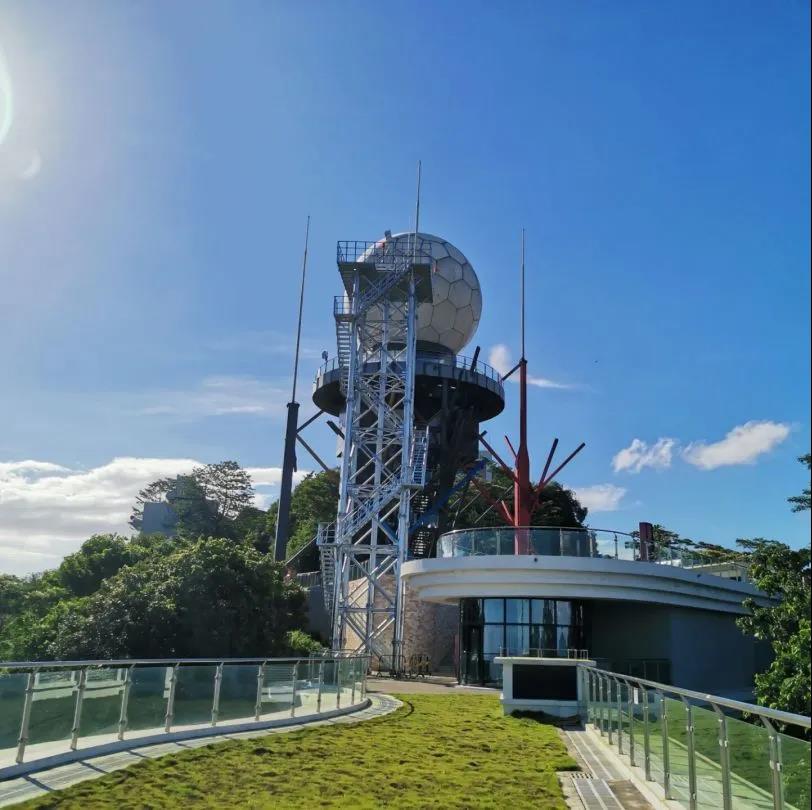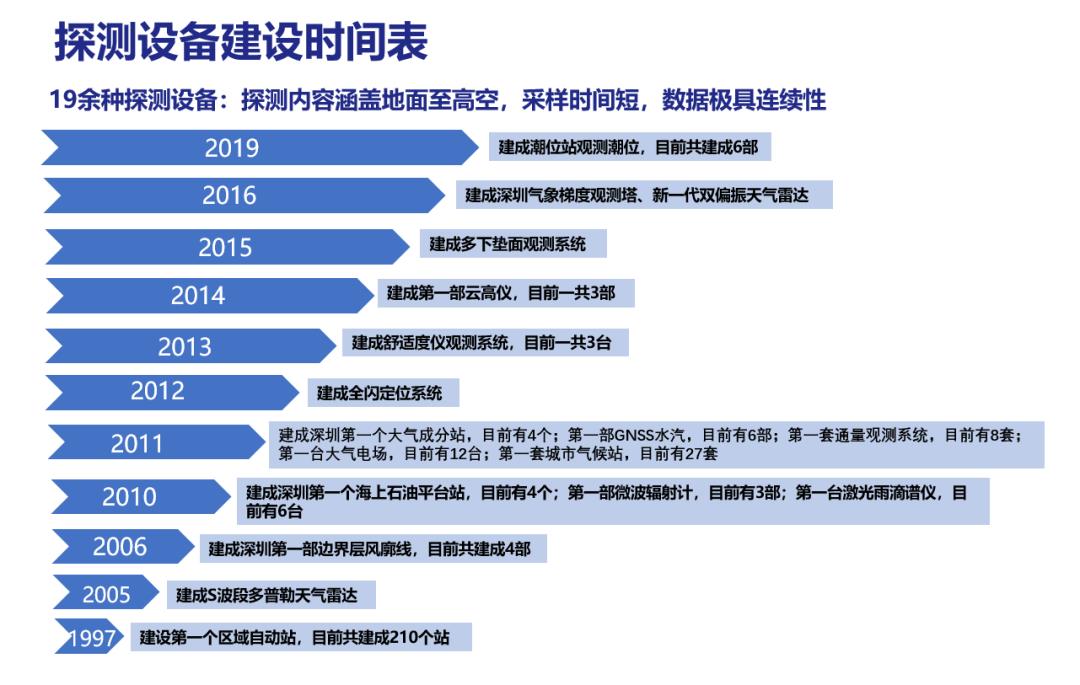The General Administration of Market Supervision clarifies the classification and grading standards of Internet platforms: the annual active users of super platforms shall not be less than 500 million
On October 29th, the General Administration of Market Supervision issued an announcement for public comments on the Guidelines for Classification and Classification of Internet Platforms (Draft for Comment) and the Guidelines for Implementing the Main Responsibility of Internet Platforms (Draft for Comment), which divided the Internet platforms into the following three levels, among which, the super platform had no less than 500 million active users in China last year, its core business involved at least two types of platform businesses, its market value (valuation) at the end of last year was not less than RMB 1,000 billion, and its market value was not less than RMB 1,000 billion. The number of active users of large-scale platforms in China last year was not less than 50 million; Small and medium-sized platforms have certain annual active users in China. The full text is as follows:
I. Purpose of the Guide
In order to better promote the healthy development of China’s platform economy, protect fair competition in the market, promote scientific and technological innovation, safeguard consumers’ rights and interests, conduct more scientific and standardized management of Internet platforms, and enhance the pertinence and effectiveness of supervision, the classification and grading guidelines for Internet platforms are formulated.
Second, the platform classification guide
2.1 Classification basis
The classification of platforms needs to consider the connection properties and main functions of platforms. The connection attribute of the platform refers to the connection between people and goods, services, information, entertainment, funds and computing power through network technology, which makes the platform have various functions such as trading, socialization, entertainment, information, financing and computing.
2.2 Classification scheme
Combined with the development status of platforms in China, platforms are divided into the following six categories according to their connecting objects and main functions (see Table 1).
picture
2.3 Network sales platform
The online sales platform connects people and goods, and its main functions include providing sales services, facilitating transactions between the two parties, and improving matching efficiency. Including but not limited to the following sub-platforms:
(1) Comprehensive commodity trading: a comprehensive platform specialized in or mainly engaged in providing clothes, hats, shoes and boots, luggage accessories, digital appliances, food care and other commodities.
(2) Vertical commodity trading: a platform specialized in or mainly engaged in a certain type of product trading, with precise differentiated positioning and unique brand added value.
(3) Shangchao group purchase: a platform that specializes in or mainly engages in supplying daily necessities such as vegetables and fruits, meat and eggs, aquatic products, grain and oil seasoning, drinks and daily necessities, and provides distribution services such as group purchase.
2.4 Life service platform
Life service platform connects people and services, and its main functions include providing services such as travel, distribution, housekeeping, renting and buying houses, and educating children. Including but not limited to the following sub-platforms:
(1) Travel services: platforms that specialize in or mainly provide travel-related services, such as bike-sharing, taxi software, bus and subway query software, etc.
(2) Tourism services: platforms that specialize in or mainly engage in attracting and receiving tourists and providing them with services such as transportation, sightseeing, accommodation, catering, shopping and entertainment, such as tourism customization, ticket purchase and hotel reservation.
(3) Distribution services: platforms that specialize in or mainly engage in take-away, logistics and other services, such as take-away food delivery, delivery in the same city, express delivery, etc.
(4) Domestic service: a platform that specializes in or mainly engages in domestic services such as nanny, nursing, cleaning and family management.
(5) House brokerage: platforms that specialize in or mainly engage in real estate sales and leasing, including house buying and selling and house leasing.
2.5 Social entertainment platform
Social entertainment platform connects people, and its main functions include social interaction, game leisure, audio-visual service, literature reading and so on. Including but not limited to the following sub-platforms:
(1) Instant messaging: a platform dedicated to or mainly engaged in instant messaging of text messages, files, voice and video communication.
(2) Games and leisure: platforms dedicated to or mainly engaged in game operation and promotion, including web games, PC-side games, mobile games, etc.
(3) Audio-visual services: platforms that specialize in or mainly provide various multimedia materials, including songs and movies.
(4) Live video: a platform dedicated to or mainly engaged in live broadcast by using Internet and streaming media technology.
(5) Short video category: a platform dedicated to or mainly engaged in short video content push ranging from a few seconds to a few minutes, including skills sharing, humor, fashion trends, social hotspots, street interviews, public welfare education, advertising creativity, business customization and other topics.
(6) Literature: a platform dedicated to or mainly engaged in online literature, digital publications and other major electronic reading products, including literature, social sciences, education, fashion and other contents.
2.6 Information platform
Information platform connects people and information, and its main functions include providing news information, search service, audio and video information content, etc. Including but not limited to the following sub-platforms:
(1) News Portal: a platform dedicated to or mainly engaged in providing Internet information resources such as news information and entertainment information and providing relevant information services.
(2) Search engine: a platform that is specialized in or mainly engaged in organizing and processing information collected on the Internet, providing retrieval services for users, and displaying the retrieved related information to users.
(3) User Content Generation (UGC) category: a platform dedicated to or mainly engaged in users uploading their original content to the Internet or providing it to other users.
(4) Audio-visual information: a platform dedicated to or mainly engaged in radio stations and audio sharing.
(5) News organizations: platforms that specialize in or mainly engage in news gathering, production, release and operation.
2.7 financial services platform
The financial service platform connects people and funds, and its main functions include providing payment and settlement, providing online loan services, financial management services, financial information and securities investment services. Including but not limited to the following sub-platforms:
(1) Integrated financial services: an integrated platform that specializes in or mainly engages in providing inclusive finance services for small and micro enterprises and individual consumers.
(2) Payment and settlement: payment service platforms that specialize in or mainly engage in Internet payment and mobile phone payment.
(3) Consumer finance: a modern financial service platform specialized in or mainly engaged in providing consumer loans to consumers.
(4) Financial information: a comprehensive financial information platform that specializes in or mainly engages in providing users with market quotations, financial data, financial information, analytical tools, portfolio management and other services.
(5) Securities investment: a financial service platform specialized in or mainly engaged in providing overall Internet technology (IT) solutions and services for financial institutions and wealth management tools for individual investors.
2.8 Computing application platform
Computing application platform connects people and computing power, and its main functions include application on mobile phones and operating systems, information management and cloud computing, and providing network services. Including but not limited to the following sub-platforms:
(1) Intelligent terminals: platforms that are specialized in or mainly engaged in the development, production, sales and technical services of terminal products such as data communication equipment, information systems, intelligent systems and wireless data products.
(2) Operating system: a platform specialized in or mainly engaged in R&D, production and sales of operating systems such as mobile operating systems and distributed operating systems.
(3) Mobile phone software (APP) application store category: a platform specialized in or mainly engaged in analyzing, designing, coding and generating APP software.
(4) Information management: a platform specialized in or mainly engaged in the research and development of enterprise management software such as enterprise resource planning (ERP) management software, financial system and IT information, and technical services.
(5) Cloud computing: platforms that specialize in or mainly provide cloud computing services for enterprises, including platforms that provide network infrastructure services (IAAS), platform services (PAAS) and application software services (SAAS).
(6) Network services: platforms specializing in or mainly engaged in domain name service (DNS), dynamic host configuration protocol (DHCP), Windows Internet naming service (WINS), file transfer protocol (FTP), remote terminal protocol (Telnet), etc.
(7) Industrial Internet: a platform specialized in or mainly engaged in platform design, intelligent manufacturing, network collaboration, personalized customization, service extension, digital management, etc.
Third, the platform grading guide
3.1 Classification basis
To classify the platform, it is necessary to comprehensively consider the scale of users, business types and restrictive ability. User scale refers to the number of active users of the platform in China, business category refers to the platform business involved in platform classification, and restrictive ability refers to the ability of the platform to restrict or hinder merchants from contacting consumers.
3.2 Classification scheme
According to the above classification basis, Internet platforms can be divided into the following three levels (see Table 2):
picture
3.3 Super Platform
Super platform refers to a platform with super-large user scale, super-wide business types, super-high economy and super-restrictive ability. Among them, the super-large user scale, that is, the annual active users of the platform in China last year is not less than 500 million; Ultra-wide business types, that is, the core business of the platform involves at least two types of platform business, which involves six aspects: online sales, life service, social entertainment, information, financial services and computing applications; Ultra-high economic volume, that is, the market value (valuation) of the platform at the end of last year is not less than RMB 1,000 billion; Super restrictive ability, that is, the platform has super restrictive ability for merchants to contact consumers (users).
3.4 Large platform
A large-scale platform refers to a platform with a large user scale, a wide range of services, a wide range of services, a high economic volume and a strong restrictive ability. Among them, the scale of large users, that is, the annual active users of the platform in China last year, is not less than 50 million; A wide range of business types, that is, the platform has outstanding main business; Higher economic volume, that is, the market value (valuation) of the platform at the end of last year is not less than RMB 100 billion; Strong restriction ability, that is, the platform has a strong ability to restrict merchants from contacting consumers (users).
3.5 Small and medium-sized platforms
Small and medium-sized platforms refer to platforms with a certain user scale, limited business types, limited economic volume and limited capacity.
